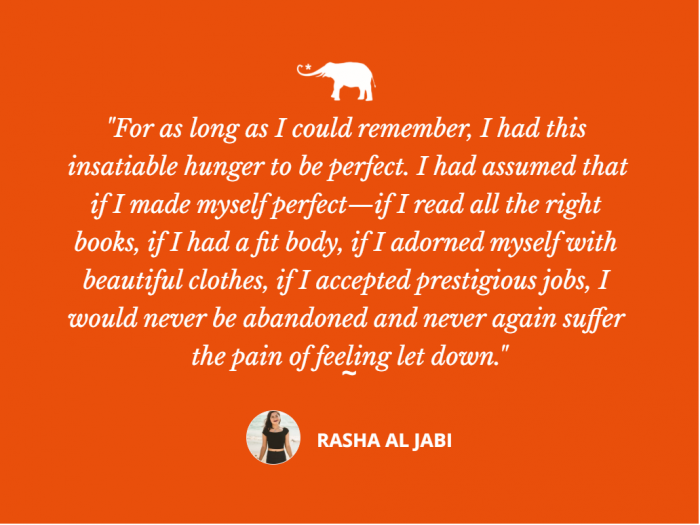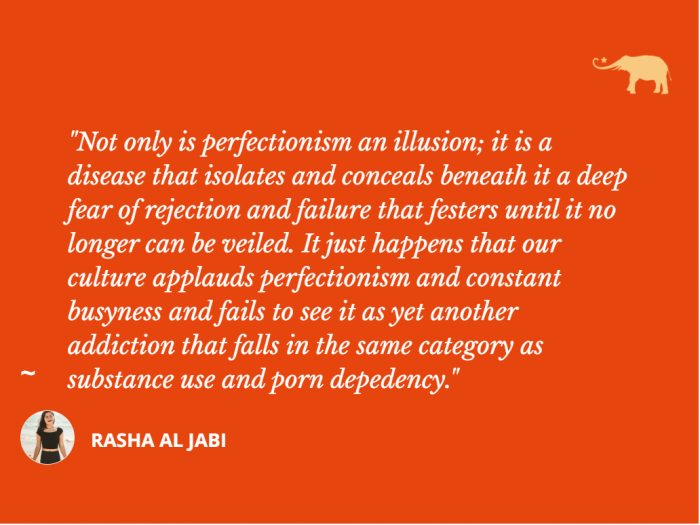View this post on Instagram
Three months ago, I decided to leave an inhospitable home environment.
I had been on video with my therapist, during the last session we had together. I told her how I didn’t feel safe staying where I was.
She had asked me if I had an alternative safe space to stay at, or perhaps a safe person I could turn to. I told her I knew some people, but I wasn’t sure if they were safe enough or would be willing to take me in.
I had moved to Toronto last year, in the middle of a global pandemic, and whilst the whole world was on lockdown. It was a move many admired and thought was brave, but I saw it as something I simply had to do. So as soon as international borders reopened last September, I took the leap of faith and moved my whole life here.
I had known no one, except for the one family member I no longer talk to.
Spending my first eight months in lockdown didn’t give me enough time to network, nor to build a support system of any sort. It was challenging and depressing. I had always been a traveler, moving from one country to another with nothing but a single backpack. But nothing prepared me for the deep sense of isolation and loneliness and feeling cut off from the rest of humanity that I experienced in my first year living here.
I went through the list of all the people I had met since I moved here. I didn’t think any of them would be willing to sacrifice their space and privacy and comfort by opening their home to someone they barely knew. And as a perfectionist who’s always favored “sucking it up” and “figuring it out” over reaching out, this was a challenge I never wished to face. Admitting that I was vulnerable and needed help made me feel exposed in a way I was not ready to accept. In my perfectionistic mind, I felt like I was being shredded to pieces, regurgitated, then shredded again…and again…and again.
F*ck! Brené Brown was right. This vulnerability stuff is extremely hard.
But I realized that at times when we’re desperate, we need people to turn to—even whilst we fear rejection and being consumed by shame for feeling needy, clingy, and asking for too much.
At the time, I had lived in three different places: with a person I had just met a few weeks back and was exploring things romantically, a family I had met through a friend who ended up taking me in for a week, and a temporary Airbnb stay—each time moving my entire belongings, which consisted of two suitcases and my laptop that allowed me to sustain myself financially through a remote job, which kept me grounded and allowed me to write.
Reflecting back on this experience, I was reminded of yet another powerful quote by the American Buddhist monk, Pema Chödrön:
“There comes a time when the bubble of ego is popped and you can’t get the ground back for an extended period of time. Those times, when you absolutely cannot get it back together, are the richest and powerful times in our lives.”
My understanding of the ego here isn’t that it’s necessarily a bad thing. It is simply our fixation on a certain, rigid image we hold about ourselves—whether that we’re great and awesome and wonderful, or that we’re miserable and lonely and unlovable. But the truth is, none of those images is true; they are simply projections of our life-long experiences based on how we (and likely our minds) chose to articulate those experiences. They might have been true at some point in our lives—particularly in our early childhood—but they are often debilitating and hinder our expansion, joy, freedom, and our hardwired need to form meaningful connections with others.
For as long as I could remember, I had this insatiable hunger to be perfect, which was likely a coping mechanism I had developed as a middle child who had suffered the excruciating pain of feeling abandoned, unseen, unheard, invalidated, and unloved. I had assumed that if I made myself perfect—if I read all the right books, if I had a fit body, if I adorned myself with beautiful clothes, if I accepted prestigious jobs, I would never be abandoned and never again suffer the pain of feeling let down. After all, who in their right mind would want to abandon a “perfect” person?
I realize now that not only is perfectionism an illusion; it is a disease that isolates and conceals beneath it a deep fear of rejection and failure that festers until it no longer can be veiled. It just happens that our culture applauds perfectionism and constant busyness and fails to see it as yet another addiction that falls in the same category as substance use and porn dependency.
But this isn’t real vulnerability, and it is no wonder that I grappled not only with keeping up with this mask of fake bravado but also felt like a complete and utter fraud and loser, a phenomenon often referred to as the imposter syndrome.
Perfectionism doesn’t exist. Sure, we can always strive to be better than we were yesterday and to work hard toward living an authentic life that aligns with our own values. But there will always be something that we will need to achieve—and likely until we take our last breath on earth.
Real vulnerability comes from the ability to have self-compassion and empathy. It comes from forgiving ourselves when we fail, when we’re unable to perform, and when we make mistakes—as we likely always will—and from holding ourselves accountable for those mistakes, not with self-hatred or harsh judgment, but with kindness and a good sense of humor.
Sometimes, when challenging situations weave themselves into our lives, they rip us open and apart then toss us around like a wood log in the middle of a storm. We might feel like we’re being purged into something we are not yet ready to face. And maybe we aren’t, but I believe that bad things happen to all people regardless of who we are. And while not everything is a test that we need to pass or forgive or let go of or spiritually bypass, on occasion, some situations yield opportunities for growth. They offer us spaces to either lay down parts of ourselves that need cleansing or integrate certain lessons to help us move past our cocoon to the next phase in our healing journey.
In my case, being challenged to seek out help has shattered my all-or-nothing, good-or-bad, white-or-black, “I can do it all by myself” narrative of how life should be, which only existed in my mind. And whilst there were people who abused my vulnerability at this phase and took no mercy in howling those punches where it hurt, I realized that I cannot continue living life by myself or clench to the “I’m a lone wolf” narrative I had developed in my 20s. And that in the words of the 17th-century poet, John Donne:
“No man is an island entire of itself; every man is a piece of the continent, a part of the main…”
I realized that it is crucial to reach out to people who will hold those safe spaces for us while we’re struggling, and not be quick to turn to those who haven’t earned our trust yet, because trust is a two-way street that takes effort on both sides. It isn’t our projection of who or what the other person could mean to us.
The trauma of being cut off from family, a solid root, a community I could rely on—all whilst lacking the privilege of a safe space where my body could rest was shattering. I still cannot grasp all the sequel of events that led up to my departure from my previous home. It was not fair, and I did not deserve any of it. And there’s sadness and compassion in honoring that realization. But it was humbling—to say the least. It makes me think of all the real homelessness that I see on a daily basis as I walk this lonely city.
And if it taught me one lesson, it would be the importance of relational safety with other empathetic and compassionate human beings. That in times of great suffering, there is no greater comforter than being in the presence of one who knows, sees, and validates our pain. That when things fall apart, the best remedy can be the warm embrace of a friend and the simplicity of these four words: it’s gonna be okay.
“No man is an island.” But it took me “almost” becoming homeless to really understand that lesson.


 Share on bsky
Share on bsky






Read 25 comments and reply